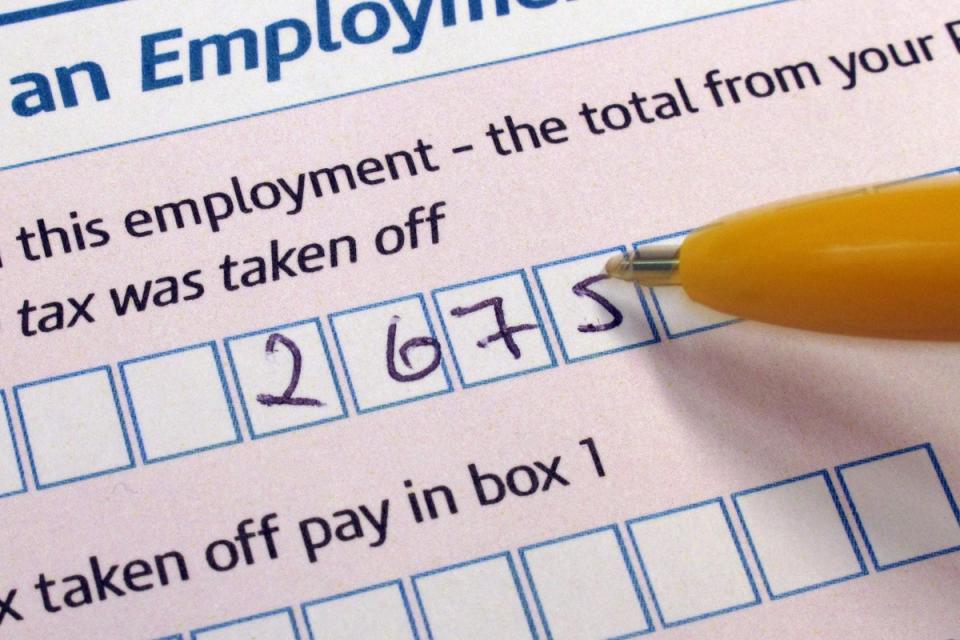Number of new non-doms drops 40% in a year, says HMRC

The number of new UK non-doms has tanked 40% in the past year, data released today shows, in fresh signs the world’s richest may be shirking a move to London for other global investment destinations.
UK residents who opted to take advantage of the tax status fell in the 2020-2021 tax year from 14,200 to 8,500, a freedom of information request to UK tax collector HMRC has shown.
The drop contrasts with UK net migration figures, over the same period, which fell less than 10% to 260,000 over the same period.
The status, which confers tax breaks for UK residents on income earned overseas, is believed to be used by over 100,000 high net worth individuals in the UK, but has proved controversial with calls for all UK residents to be given the same treatment on their overseas income.
Last year, prime minister Rishi Sunak’s wife Akshata Murty said she pays tax on all her worldwide income, after agreeing to surrender her ‘non-dom’ tax status in April following pressure to explain her tax situation. Mutry, whose billionaire father founded the Indian IT company Infosys, has collected £35 million in dividends since 2020, which she could have escaped any UK tax charge on if she had used the status and did not remit the money to the UK.
Opposition leader Keir Starmer said he would include a measure to abolish the non-dom tax status in the Labour party’s forthcoming election manifesto.
However, some have defended the existence of the tax arrangement on the basis that it provides an incentive for high net worth individuals to move to the UK.
Sophie Warren, tax investigations expert at Pinsent Masons, said that if the status were scrapped, it could have a significant impact on the UK economy and the tax revenues the country receives.
“Many non-doms are highly successful entrepreneurs which have established or invested in UK companies. The availability of non-dom status gives the UK a competitive advantage in attracting talented and wealthy individuals,” she said.
“The Government needs to consider what it may lose by placing their status under threat.”

 Yahoo Finance
Yahoo Finance 